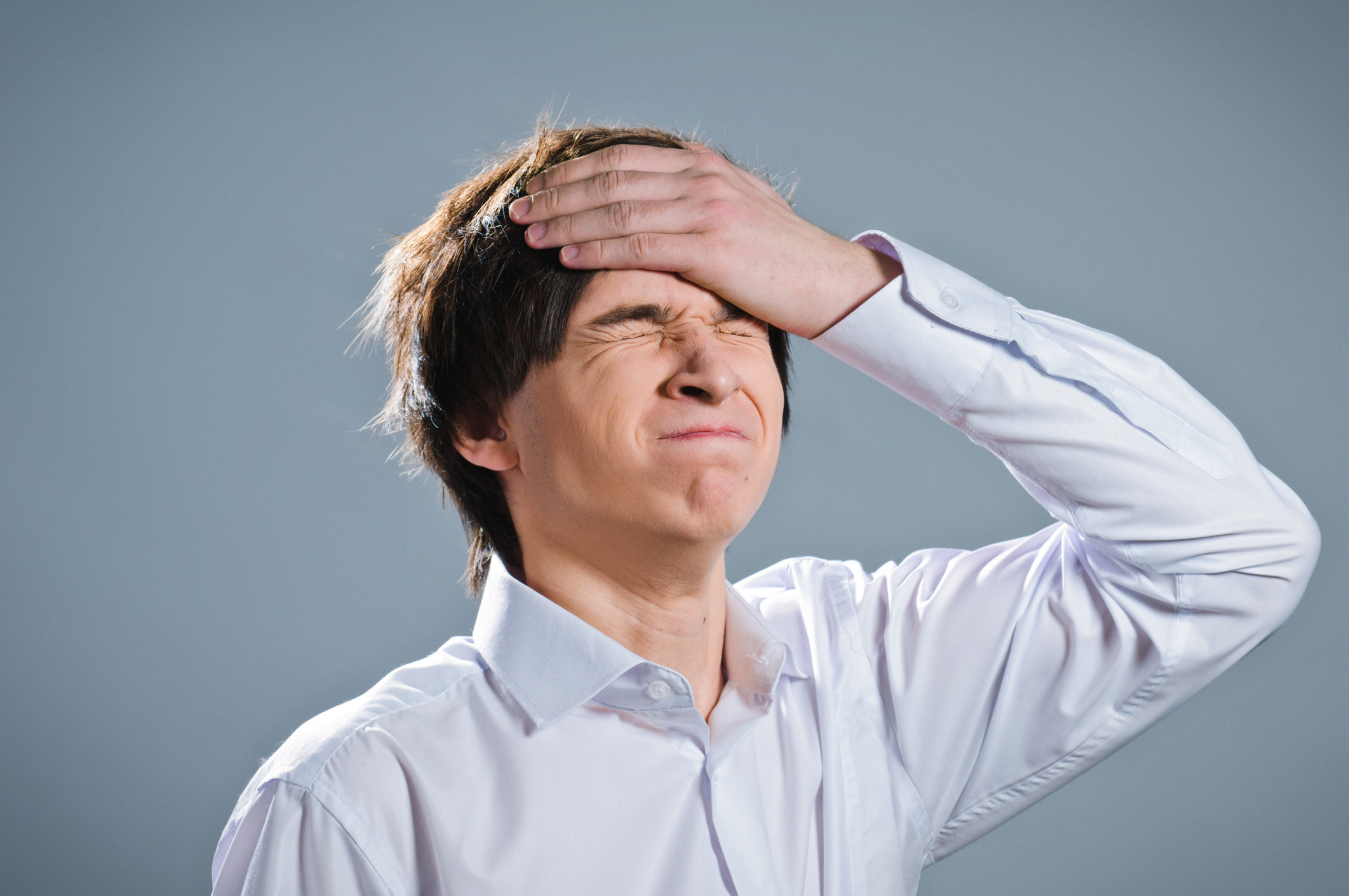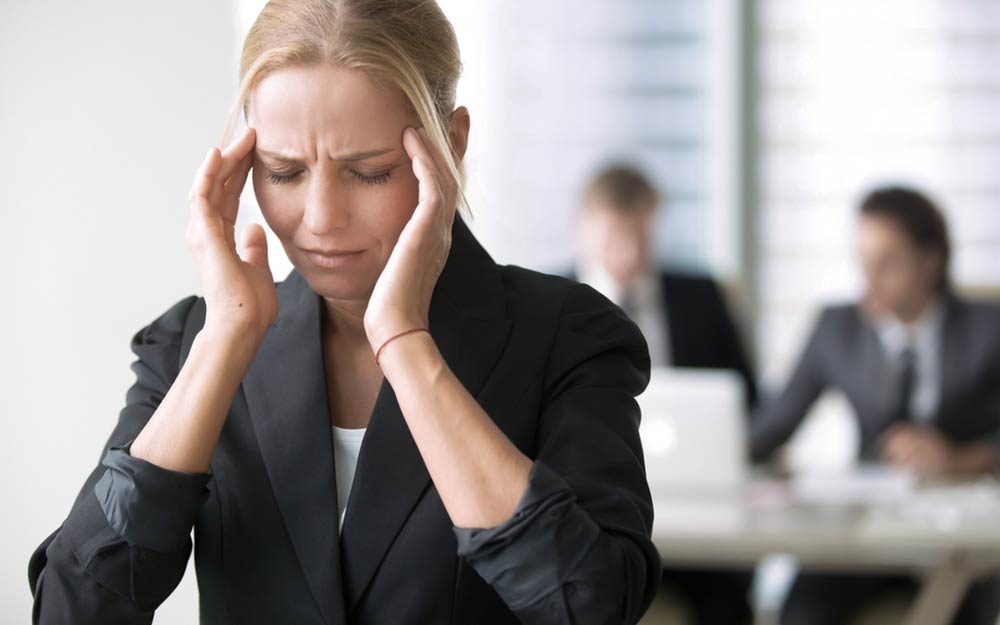Did you just wake up after heavy drinking last night and are least up with what happened? Indeed! That fear is for real.
When drunk, the human brain fails to carry signals at a normal pace. This delay often results in impaired cognitive function and loss of coordinated movements. As a result, you often have no idea what you did when you were drunk. It either leads to a blackout (complete loss of events) or gaps in memory.
Want to know how to remember those memory gaps and if drinking can permanently damage your brain? Then without any further ado, jump to the next section!
Table of Contents
ToggleWhy Do You Forget Things When Drunk? The Alcohol Memory Maze

You all know that soon after alcohol gets into one’s bloodstream, it makes us feel more excited and spontaneous. And as the BAC level rises, the body’s ability to coordinate things and remember decreases. The increased concentration directly affects the brain’s hippocampus and slows down the regular nerve activity and communication by multiple folds.
As a result, the brain fails to store memories, thus making it quite tricky for alcoholic people to recall the events after regaining consciousness.
In fact, a general claim is that at least 50% of drinkers black out at least once in their life.
Usually, blackouts happen as the BAC level increases by 0.16 percent. There are two types of memory blackouts.
- En bloc blackouts
En Bloc blackout, also known as complete amnesia, involves a complete blackout of events. In it, the person is not able to recall even a few flashbacks or pieces of the past time, even if their friends and close ones try to remind them. In short, you feel as if the events simply were not part of your life, thus leaving you with no chance of being recovered,
- Fragmentary blackout
On the other hand, Fragmentary blackout, commonly known as gray out, is the most common form of alcoholic blackout in which the person gets flashbacks of spotty memories with gaps of missing periods.
Moreover, a study showed that 24% of people experience complete blackouts, while 37% experience fragmentary ones.
Is There Any Effect Of Drinking On Memory? The Mind-Alcohol Connection
Yes, alcohol directly affects the memory formation process. These two are directly connected. The heavier you drink, the more quickly your BAC level increases. This ultimately results in your brain function slowing down by impairing the action of GABA.
As a result, the brain’s hippocampus fails to transfer memory from short-term to long-term storage. It is just like sending a parcel to your friend, but your friend never receives it.
In the short-term effect, the alcohol slows down neuron function and nerve activity. On the other hand, in the long term, alcohol consumption doesn’t slow down nerve communication. Instead, it simply damages it, leading to permanent damage and even Wernicke-Korsakoff syndrome (WKS) (alcohol dementia).
Moreover, studies show that short-term memory is more affected by alcohol drinking than long-term.
Difficulty In Remembering What Happened When You Were Drunk? Here Comes The Solution
Often, when you cannot recall memories and remember what exactly happened, it leaves you frustrated and irritated. You try hard to remember things, but unfortunately, memory gaps due to heavy alcohol drinking can hardly be filled. The reason is that your brain hasn’t stored all the events in its long term.
However, here are a few ways that can help you get clues of what happened during the blackout phase that you can join to fill the memory jumps.
- One of the best ways to get a few clues about what you did when you were drunk is to thoroughly check your phone. Go through the call list, messages, and emails. Also, check for the previously opened apps. It can provide you with some information and hints about the lost gaps.
- Another easy way out is to socialize around areas where you got drunk too much. It can help you get some flashbacks.
- Similarly, you can also ask people you were with when you got drunk. They can provide you with the right information about what you did. And there are chances that as they explain the events, you might recall it too. However, it’s best to ask your close ones only.
Can Alcohol Memory Loss Be Serious?

Yes, alcohol creates memory gaps and can result in disorders like dementia.
In it, the part of your hippocampus is damaged. As a result, not only do you fail to remember past events, but you also face problems in carrying out day-to-day tasks due to impaired cognitive role.
Treatments To Consider
But since every problem comes with a counter solution, the same goes for memory issues, too (to some extent). There are some common treatments and prevention methods that you can take to regain your lost memory, fill your memory gaps, and repair brain damage. These include:
- Avoid taking alcohol on an empty stomach and heavy drinking.
- Drink moderately
- Try drinking less than three times a week.
- Try Thiamine Supplements
- Medications like memantine (used to treat Alzheimer’s disease) help fight WKS and Alcohol dementia.
- Similarly, research has shown that practicing FES (future events stimulation) technique helps people remember event-based tasks.
Final Verdict
To cut a long story short, regaining memory and flashbacks of the time lapsed when you were heavily drunk is challenging. The reason is that due to overconsumption of alcohol, your brain fails to communicate and carry nerve signals at normal speed as well as fails to store the response.
But there are a few steps that can help you recall the spent moments sometimes; for example, you can toggle through your mobile, especially gallery and social media apps, to see if you did some check-in or clicked any snap. Similarly, you can ask for help from people with whom you spent that time when you were heavily drunk.

I am a passionate beer connoisseur with a deep appreciation for the art and science of brewing. With years of experience tasting and evaluating various beers, I love to share my opinions and insights with others and I am always eager to engage in lively discussions about my favorite beverage.
















